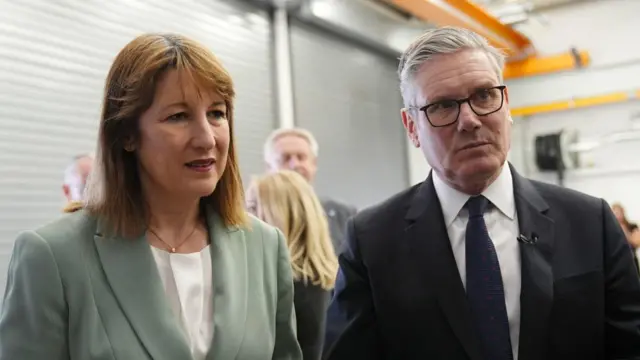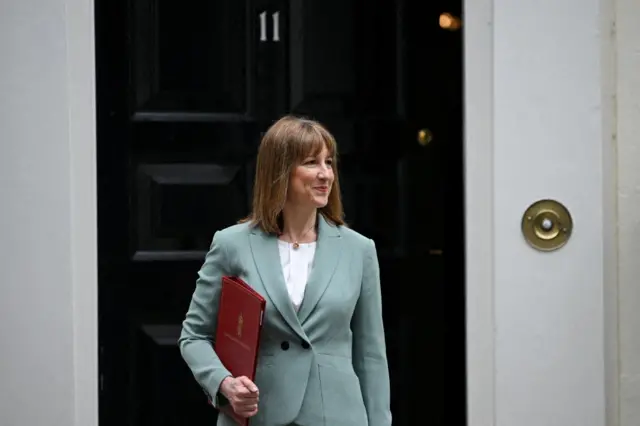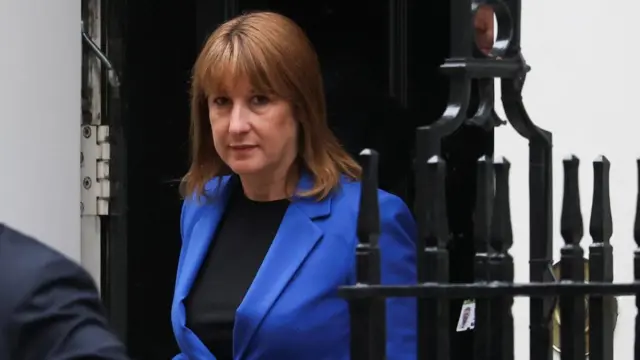Starmer and Reeves need to tackle four key priorities, former Treasury adviser sayspublished at 11:16 BST 3 September
 Image source, PA Media
Image source, PA MediaAn economist and former Treasury adviser says it's now "kind of decision time" for the prime minister and chancellor to identify priorities.
Speaking to BBC Radio 4 on Tuesday, the former Goldman Sachs chief economist Jim O’Neill said the UK bond market has faced a "slow drip" of "further deterioration" over summer.
Government bonds are essentially IOUs, with investors loaning money to the government which then repays them over a set period in time, plus interest. The higher the interest the government pays on the loan, the higher its borrowing cost - under the current Labour government, rates have hit a 27-year-high.
O'Neill says analysts are pointing to four big things "that have to be tackled" if the UK's "underlying fiscal challenges" are going to be addressed, these are:
- the triple lock that dictates the rate at which the state pension rises
- the property market and property taxes
- welfare reform
- improving productivity and value for money in the NHS
He says the government appears to be "quite focused" on the latter, but "on the other three we just don't really know". "I think the markets are now at a point where something needs to happen on that big stuff," he adds.









